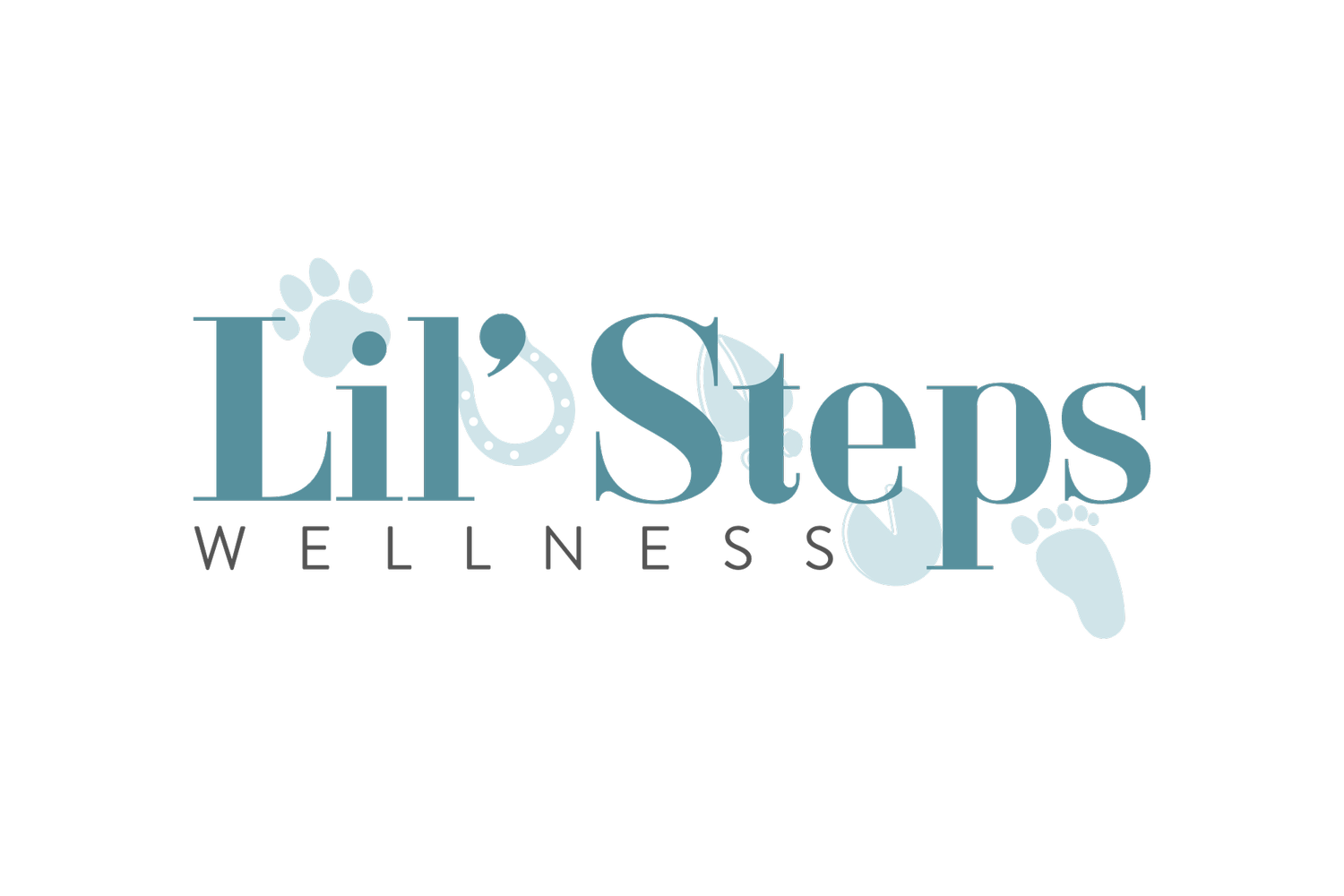Gratitude in Lil’ Doses Leads to Big Changes
Gratitude is something that appears to be simple, common sense, and easy to do, but unfortunately, it is far from that in so many of our lives. Why is it easier to criticize or see all the “bad” things or mistakes happening around us more so than the good? Is that just in our biology, our psychological makeup, influences by others, and/or our experiences in the world?
My guess is it’s a little bit of all of that! In my experience over the last few years (aka the pandemic), I have seen, heard, and felt A LOT of negativities from others, and frankly, I am tired of it all. I’ve even noticed the ripple into my own mood and views lately making me feel more tired, drained, and even a bit unmotivated at times. My guess is that some of you can connect to this and may even feel the same?
It is interesting how intentionally being grateful seems to happen only once a year on Thanksgiving Day when, in fact, if it is used more consistently on a daily basis, it will lead to long-term brain changes. Our mindset is so important in learning how to be more grateful, positive, and generally happier. It is also a “set of beliefs that shape how you make sense of the world and yourself. It influences how you think, feel, and behave in any given situation”. Visit verywellmind.com to see even more where that thoughtful quote came from.
Ask yourself…what are your beliefs? Do you believe that people are generally good/trusting/etc? If not, then maybe adding some gratitude to your life could help change that view and, in turn, increase your general life satisfaction.
You might be wondering how being grateful for something can lead to changes in yourself? The fact of the matter is that intentional daily gratitude can lead to a better immune system, more satisfying interpersonal relationships, better sleep-wake cycles, an increase in empathy, being more ‘likable’, enhanced mood, and more!
This article from positivepsychology.com’s mentions how Emily Fletcher, the founder of well-known meditation training site Ziva found that gratitude works as a “natural antidepressant”. The results, in some cases, can be compared to that of some medications. It produces long-lasting happiness and contentment, the physiological basis of which lies at the neurotransmitter level. When we express gratitude and receive the same, our brain releases dopamine and serotonin; the two crucial neurotransmitters responsible for the emotions that make us feel good. They enhance our mood immediately, making us feel happy from the inside.
So why don’t we do this more often?!
The reality is, creating habits is hard, especially when life hits us and we have our minds filled with so many other things. This is why I am creating a 5-day gratitude challenge to get the ball rolling! Hopefully, I can get you thinking and maybe even help you see the benefits of expressing gratitude more often.
I promise you, with time, practice, and effort, it will help change the neuropathways in your brain to see the world a little bit more positively. I am thankful for all of you and look forward to our challenge!
Kind regards, Lucy.
